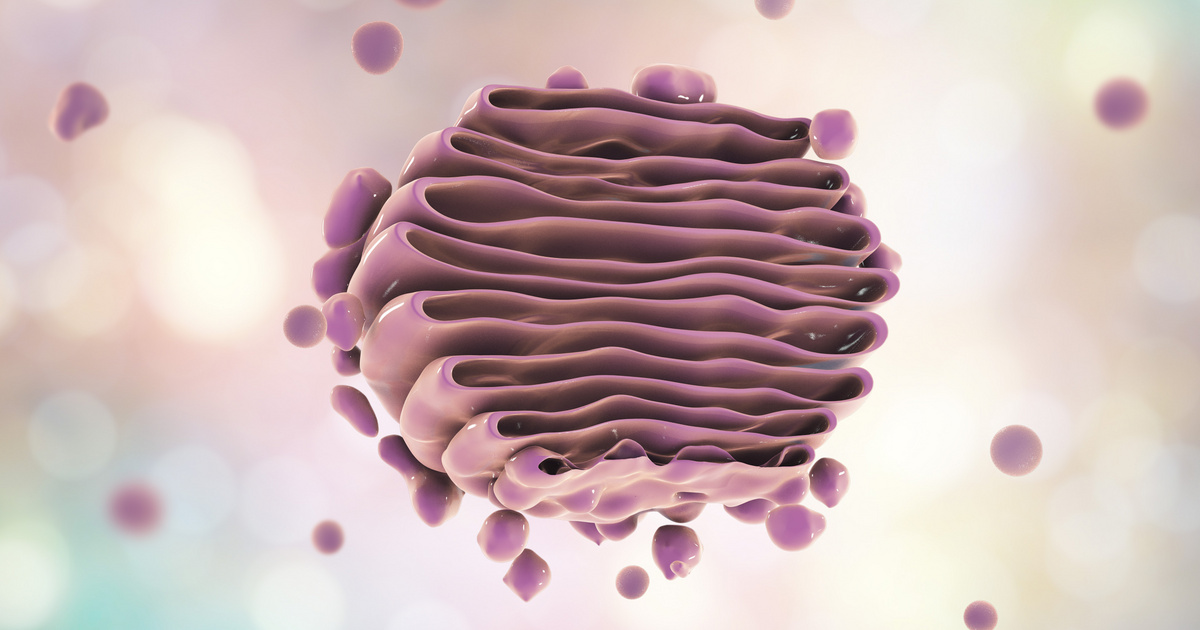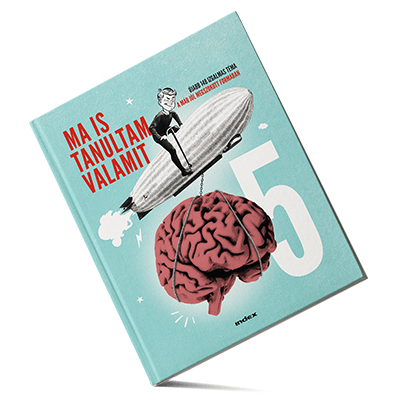The finding by biochemists at the University of California, which demonstrated the importance of a hitherto neglected cell organelle, could have a major impact on aging research.
The organelle in question is the so-called Golgi apparatus, which was discovered by Italian biologist Camillo Golgi in 1898 during his research on the nervous system. The device is a ball consisting of a neatly folded membrane, whose role is to bind different sugar molecules to proteins and fats produced in the cell depending on their purpose. This process is called glycosylation, which is the main purpose of the Golgi apparatus and is essential for cell control. As for aging, the cellular system entered the field of science for the first time.
Researchers at the University of California, Professor Katie Dehesch and fellow botanist Heesung Choi, investigated the effects of stress on plants. Their experimental plant was goosegrass (Arabidopsis thaliana), specimens of which were exposed to light deficiency and infection. Examination of an important protein in the Golgi apparatus, the conserved Golgi protein (COG), revealed that its function could be crucial in overcoming difficulties.
The Golgi apparatus is like the cell's post office. It packages proteins and fats and sends them where they are needed. A damaged Golgi apparatus causes disruption in cell function and harms cell health
Hyesung Choi explained.
In the trial, modified goosegrass that was unable to produce COG protein was examined. As a result of light deprivation, plants cannot produce the sugars they need for life from light and carbon dioxide, so they die, but COG-deficient goosegrass only lasted a third as long.
In the dark, COG mutants showed signs of senescence, which appeared in unmodified plants only on day 9. In the case of mutants, it was already visible after three days
Choi noted.
When the plants were exposed to the COG protein, the system was restored and the plants became like their natural counterparts. The researchers concluded from this that the work of the Golgi system is very important for treating stress.
This discovery applies not only to plants, but to us as well. In humans, the COG complex consists of eight subunits of the COG protein, functional abnormalities of which – according to the conclusions of previous research – lead to cancer and other diseases with serious consequences.
“From our research, we have learned important things not only about plant aging, but also about human aging. If the COG protein does not work properly, our cells age faster, just as we saw in light-deficient plants. This breakthrough will have far-reaching consequences.” In research on aging and related diseases.
(University of California, Riverside)














































